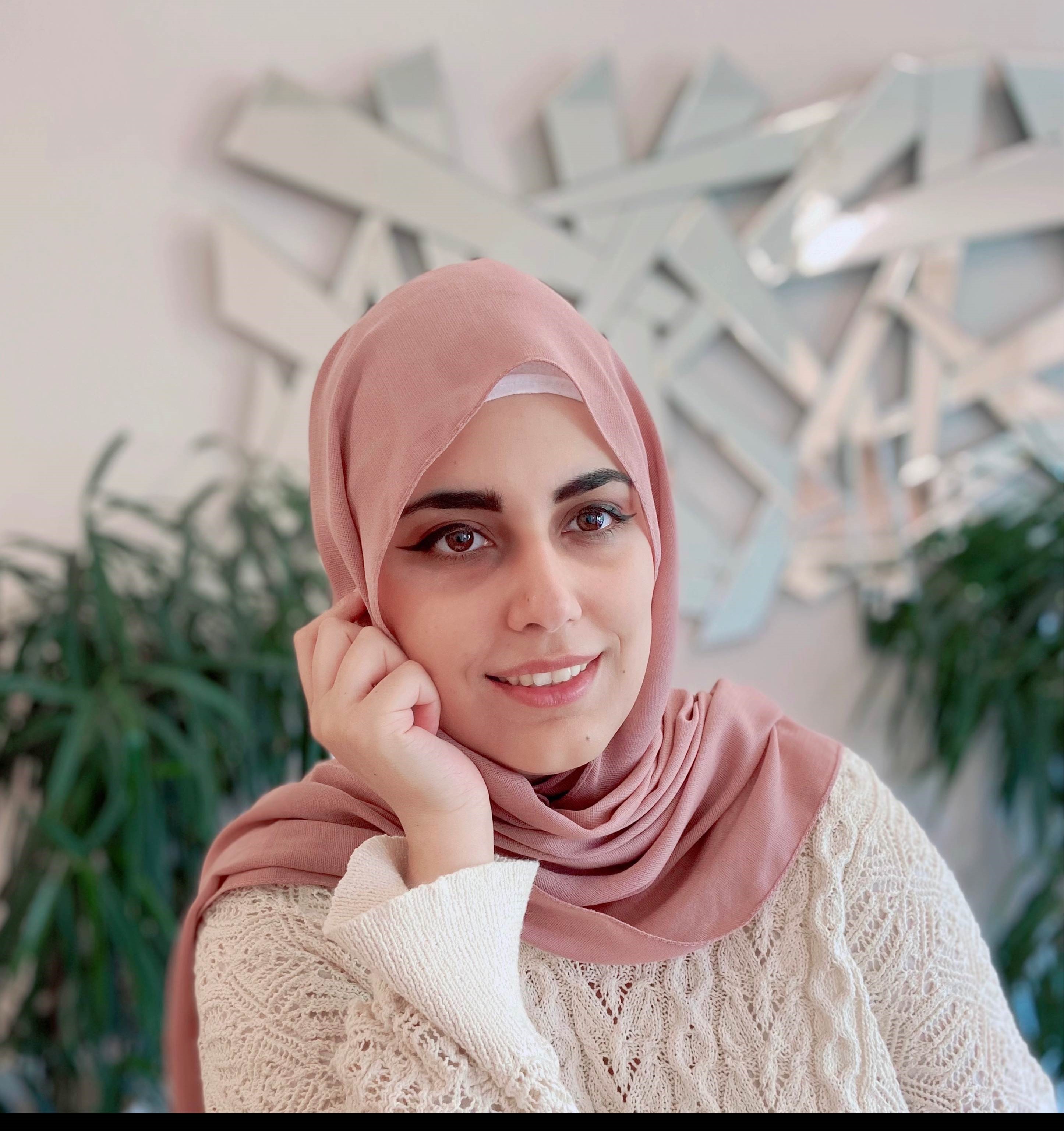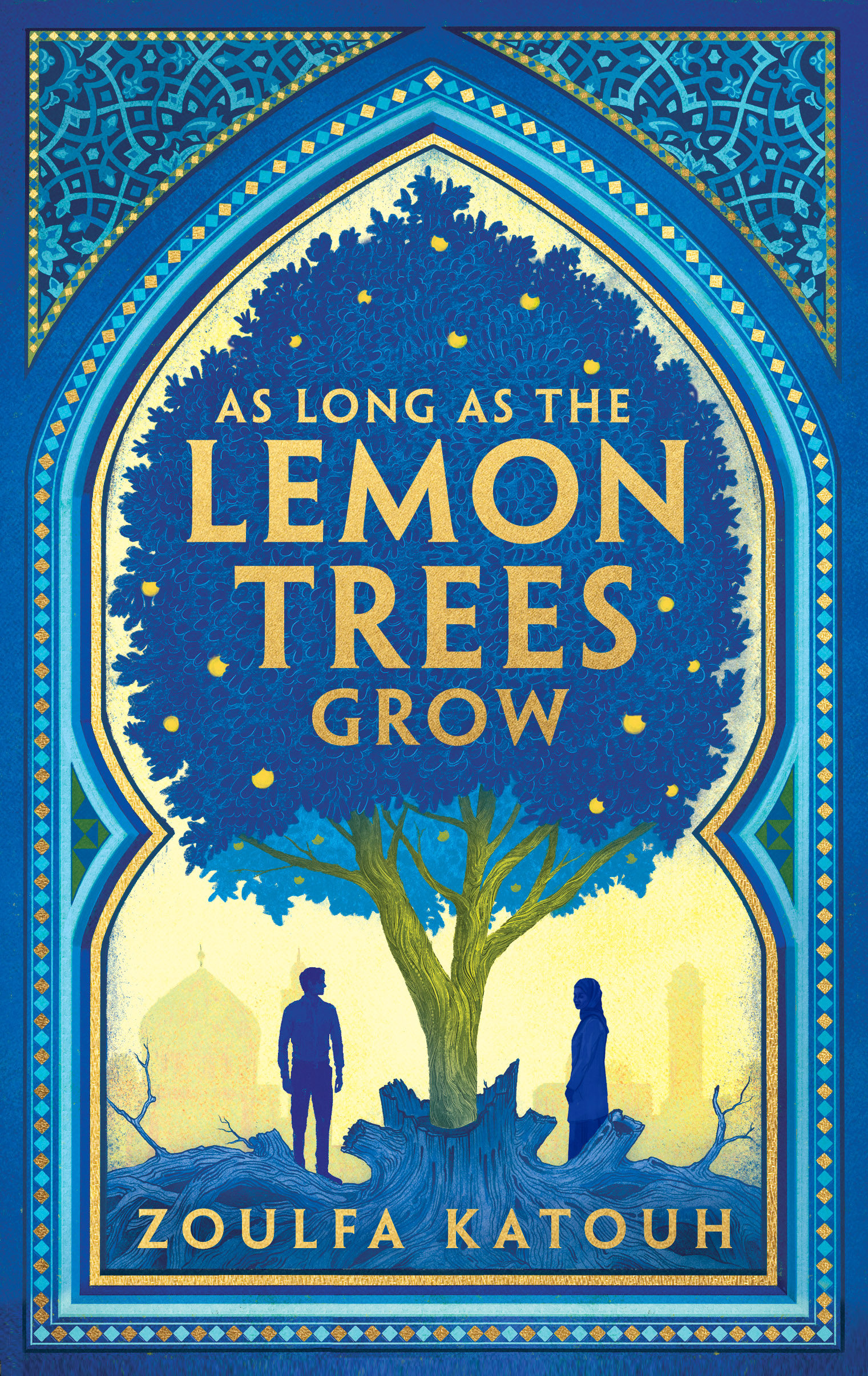
Ferociously affecting and blazing with hope, Zoulfa Katouh’s As Long As the Lemon Trees Grow tells an unforgettable story of a young woman whose heart is conflicted between love for her family and love for her Syrian homeland.
Zoulfa joined us to talk about her powerful and emotional debut that she describes as a love letter to Syria.
Near the start of As Long As the Lemon Trees Grow, Salama states: “I wish we were being broadcast live on every channel and smartphone in the world so everyone could see what we’re allowing to happen to children.” Does that chime with your motivation to write the novel? Was there a eureka moment that prompted you to write Salama’s powerful story?
It does. Just as how the protests that were recorded live on the mobile phones, this book is a message to raise awareness to what’s happening in Syria and what’s happening to refugees who leave. The idea was cemented in me when I met people in Europe asking me about what’s going on in Syria because they didn’t know.
It takes a special writer to write honestly about the horrors of war for younger readers, as you’ve achieved with As Long As the Lemon Trees Grow. How did you find the tone of the novel?
It was a trial-and-error process. The first few drafts were very dark and hopeless. It took several edits for me to find the hope that needed to be told. And several more to make Salama’s voice clear.
How did you create the characters’ distinctive voices? Are they based on people you know and/or your own experiences?
By writing extra stories for my characters that exist outside the novel itself. For example, my characters’ first day of university or spending a holiday in Spain. The stories didn’t have to be in tune with what the actual plot of the novel is. In that I was able to know more about them and flesh them out more. They’re not based on any real people, but Salama is inspired by the White Helmets and Rouzan al-Najjar, a twenty-year old Palestinian medic who was shot by the IDF while tending to the wounded protestors.
When you began writing the novel, did you have a clear readership in mind?
It was always intended for the teens. Thankfully, my novel crosses the boundaries of age. It can be read by adults as well.
You’ve spoken of wanting to write a story that broke free from stereotypes. Did that impulse come from your own life experiences?
Definitely. I’ve lived so long in a world that demanded I make myself as small and quiet as possible because my existence and my choices weren’t something “the world” approved of. So “the world” gave me a box to live in and in that box were the stereotypes they dictated would be how I lived that life.
I’ve kicked that box open. I don’t live in it anymore. And I don’t want any Muslim child out there to find themselves in it.
Were you an avid reader as a child?
A huge, huge reader. From my picture book of Wilbur the Worm that my mom read to me every night when I was a toddler to the very first novel I read, Anne of Green Gables, when I was eight. Books have always been my life.
Do you have an all-time favourite writer, novel, or piece of writing you return to?
I’m a longtime fan of Suzanne Collins. The Hunger Games have shaped so much of who I am as a writer. I go back and read Tracy Deonn’s Legendborn every now and then just to soak in all the gorgeous writing.
What do you hope readers learn and take from As Long As the Lemon Trees Grow above all else?
That hope will always exist. In your life and in your trials. You hopefully will never go through what Salama goes through in the book, but you have your own journey. Always know that there is light at the end of the road.
Alongside pursuing your pharmacy education/career, are you working on a second novel?
I am. My second novel is the other side of the coin to Lemon Trees. It’s essentially a healing story and deals with what happens with identity as a refugee and as a diaspora child. It’s a dual POV which was interesting to write.
Read our full review of As Long As The Lemon Trees Grow and download the first chapter here.






Comments (0)
Leave A Reply
You must be logged in to post a comment.